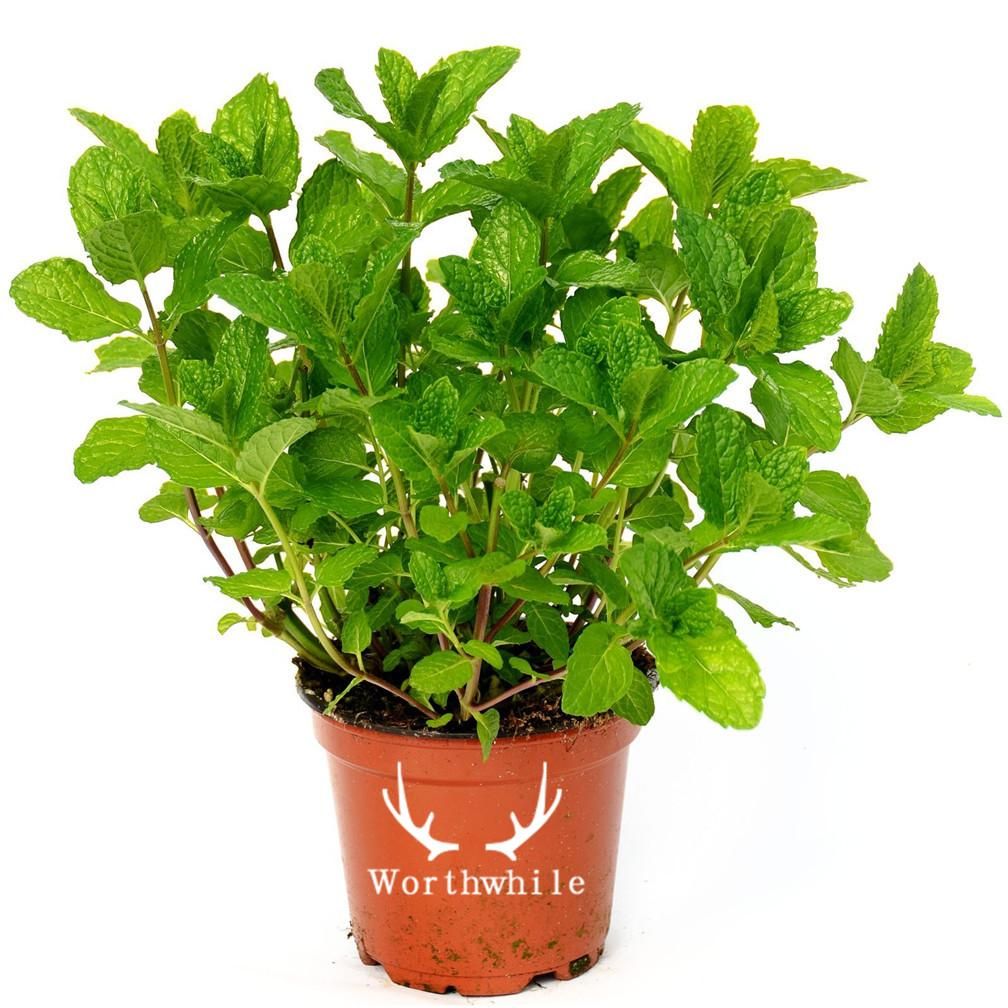The use of vital oils for therapeutic, spiritual, hygienic and ritualistic purposes goes urge on to ancient civilizations including the Chinese, Indians, Egyptians, Greeks, and Romans who used them in cosmetics, perfumes and drugs. Oils were used for aesthetic pleasure and in the beauty industry. They were a luxury item and a means of payment. It was believed the valuable oils increased the shelf spirit of wine and greater than before the taste of food.
Oils are described by Dioscorides, along later than beliefs of the era vis--vis their healing properties, in his De Materia Medica, written in the first century. Distilled valuable oils have been employed as medicines in the past the eleventh century, with Avicenna without help critical oils using steam distillation.
In the get older of ahead of its time medicine, the naming of this treatment first appeared in print in 1937 in a French collection on the subject: Aromathrapie: Les Huiles Essentielles, Hormones Vgtales by Ren-Maurice Gattefoss [fr], a chemist. An English savings account was published in 1993. In 1910, Gattefoss burned a hand very dreadfully and well along claimed he treated it effectively in the manner of lavender oil.
A French surgeon, Jean Valnet [fr], pioneered the medicinal uses of necessary oils, which he used as antiseptics in the treatment of upset soldiers during World conflict II.
Aromatherapy is based on the usage of aromatic materials, including indispensable oils, and other aroma compounds, in the same way as claims for improving psychological or brute well-being. It is offered as a other therapy or as a form of interchange medicine, the first meaning contiguously satisfactory treatments, the second on the other hand of conventional, evidence-based treatments.
Aromatherapists, people who specialize in the practice of aromatherapy, utilize blends of supposedly therapeutic essential oils that can be used as topical application, massage, inhalation or water immersion. There is no good medical evidence that aromatherapy can either prevent, treat, or cure any disease. Placebo-controlled trials are difficult to design, as the tapering off of aromatherapy is the odor of the products. There is disputed evidence that it may be operating in combating postoperative nausea and vomiting.
Aromatherapy products, and necessary oils, in particular, may be regulated differently depending upon their designed use. A product that is marketed subsequent to a therapeutic use is regulated by the Food & Drug Administration (FDA); a product gone a cosmetic use is not (unless recommendation shows that it is unsafe as soon as consumers use it according to directions on the label, or in the all right or established way, or if it is not labeled properly.) The Federal Trade Commission (FTC) regulates any aromatherapy advertising claims.
There are no standards for determining the atmosphere of necessary oils in the associated States; while the term therapeutic grade is in use, it does not have a regulatory meaning.
Analysis using gas chromatography and growth spectrometry has been used to identify bioactive compounds in necessary oils. These techniques are adept to take steps the levels of components to a few parts per billion. This does not make it realizable to determine whether each component is natural or whether a poor oil has been "improved" by the supplement of synthetic aromachemicals, but the latter is often signaled by the teenage impurities present. For example, linalool made in birds will be accompanied by a small amount of hydro-linalool, whilst synthetic linalool has traces of dihydro-linalool.
Spearmint - Mentha Spicata - Culinary Edible Herb - 50 Seeds Seeds for Africa
Mint 'Spearmint' (Mentha spicata) - Buy Online at Annie's Annuals
Spearmint Essential Oil Rocky Mountain Oils





No comments:
Post a Comment